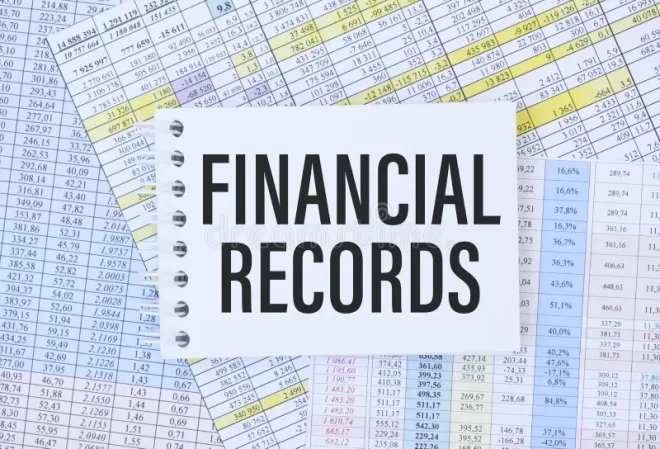![]()
Financial Records for Tax audit
A wholesaler in India manages their financial records for tax audit through a structured process to ensure compliance with tax regulations.
They follow these steps to maintain accurate records and be prepared for a potential tax audit:
1. Accounting Software or Systems:
Wholesalers usually employ accounting software or systems to record their financial transactions.
This software helps track sales, purchases, expenses, and other financial activities, ensuring data accuracy and minimizing errors.
2. Document Retention:
The wholesaler maintains all relevant documents, including invoices, purchase orders, sales receipts, and expense records.
These documents serve as evidence to support the financial transactions recorded in the accounting system.
3. Regular Reconciliation:
The wholesaler reconciles their financial records regularly. This involves cross-checking bank statements, invoices, and receipts to ensure that all transactions are accurately recorded and there are no discrepancies.
4. Separation of Business and Personal Transactions:
Wholesalers ensure a clear separation between business and personal transactions. This prevents any confusion during a tax audit and maintains the integrity of financial records.
5. Goods and Services Tax (GST) Compliance:
Wholesalers adhere to the GST regulations by accurately recording GST on sales and purchases. They maintain proper GST invoices and records to facilitate easy verification during a tax audit.
6. Inventory Management:
Managing inventory is crucial for wholesalers. They keep track of stock levels, purchases, and sales to accurately calculate the cost of goods sold (COGS). This information is essential for tax calculations and financial reporting.
7. Backup and Data Security:
Wholesalers regularly back up their financial data to prevent loss of records due to technical issues. Data security measures are implemented to protect sensitive financial information.
8. Professional Assistance:
Many wholesalers seek professional assistance from accountants or tax consultants. These experts provide guidance on maintaining accurate records and adhering to tax regulations.
9. Internal Controls:
Wholesalers establish internal controls to prevent fraud and errors in financial transactions. This includes having checks and balances in place for approval and verification of financial activities.
10. Pre-Audit Preparation:
In anticipation of a tax audit, wholesalers review their financial records to identify and rectify any discrepancies. This proactive approach helps ensure that the records are accurate and compliant.
In India, the tax audit process is governed by Section 44AB of the Income Tax Act. Wholesalers meeting specific turnover thresholds required to undergo a tax audit by a chartered accountant. Having well-maintained financial records helps simplify the audit process and demonstrate compliance with tax laws.
To visit: https://www.incometax.gov.in

For further details access our website: https://vibrantfinserv.com
